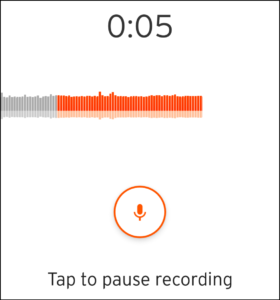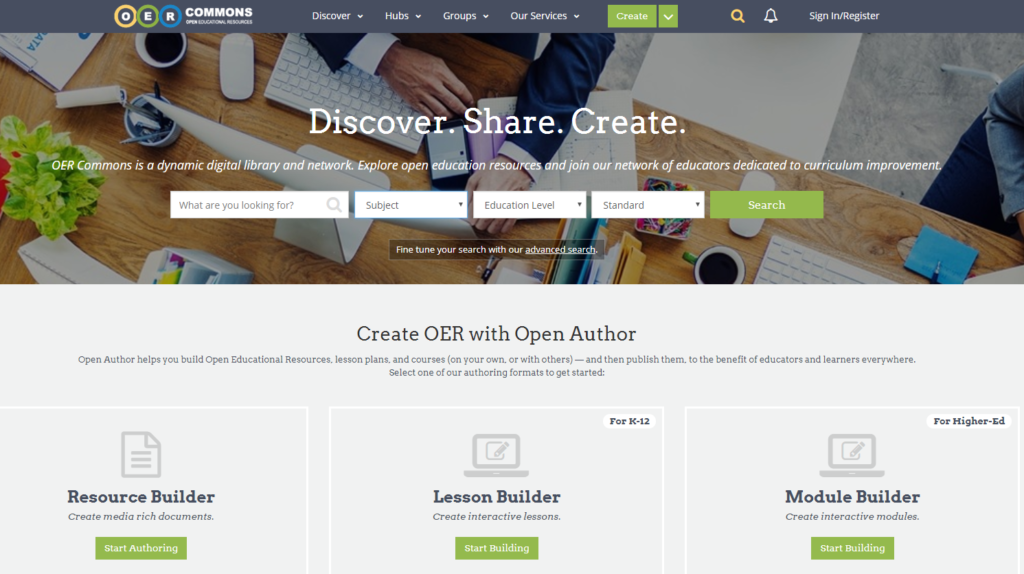This week we want to introduce you to a great tool for creating interaction with videos.
Video is increasingly being used in teaching and learning, from recorded lectures to short videos used as part of a Flipped Learning approach. Watching a video can, however, quickly become a passive experience, whereas learning should be active.
Vizia lets you add quizzes, polls and calls to action to a video. You can also add the option for viewers to give a response. Here is an example of a video where I have used Vizia to add a range of interactions.
What does Vizia do?
Vizia allows you to add polls, quizzes, open ended questions and ‘calls to action’ to specific points in a video. As viewers watch the video the interactive elements pop up and they can type in their response. At the end of the video, a score for any quizzes is given. You can also choose to collect participants’ email addresses, allowing you to follow up on any questions or misconceptions and feed these forward into face-to-face teaching.
Here is a very quick example, showing each of the types of interaction.
This video was taken from NASA’s channel on YouTube, but you could also upload a video you have made to YouTube and use it in Vizia. If you set it to ‘unlisted’ in YouTube it will not appear in searches.
When you have created your Vizia it can be shared via a link or embedded in a website or blog. Further options allow you to gather names of viewers and download their responses.
Ideas for using Vizia in learning and teaching
Anywhere that you could use video in teaching and learning you could consider using Vizia. For example:
- Ask students to find a YouTube video relevant to their course and add interactive elements, then share it with their peers. This could be done via the VLE or on a Padlet wall.
- Make a mini-lecture screencast and test students’ learning or gather questions from them at stages during the video. Sussex University licenses VideoStudioPro or you could try Screencastify or Screencast-o-matic to make your short video.
- Find a video relevant to your module and add questions and polls to get students thinking about how it relates to what you have discussed in class. News items from the BBC News YouTube channel might be useful for this.
How can I get started with Vizia?
Vizia is quite simple, with not many settings or options to deal with. This step-by-step Vizia Guide will take you through creating and sharing your interactive video.
Is it free?
Yes, Vizia is free to use.
Will it work on my device?
Vizia works in a web browser, so will work on any device that can access the internet.
What are the alternatives?
Here are some other platforms that you may want to look at:
- Vialogues takes a different approach to making video more interactive. It lets you and your students add text comments to a video. Here is an example of a Vialogue based on a TEDx talk. You need to create a free EdLab account to use Vialogues.
- Recap is a free chat platform designed for schools where responses to questions can be given by video or audio as well as text.
- TEDEd is a free tool that allows you to build ‘lessons’ around a video by adding questions, discussion prompts, and additional resources.
Conclusion
If you would like help with using Vizia or to discuss how this or any other technology could help you in your teaching or learning please get in touch with Technology Enhanced Learning at tel@sussex.ac.uk











